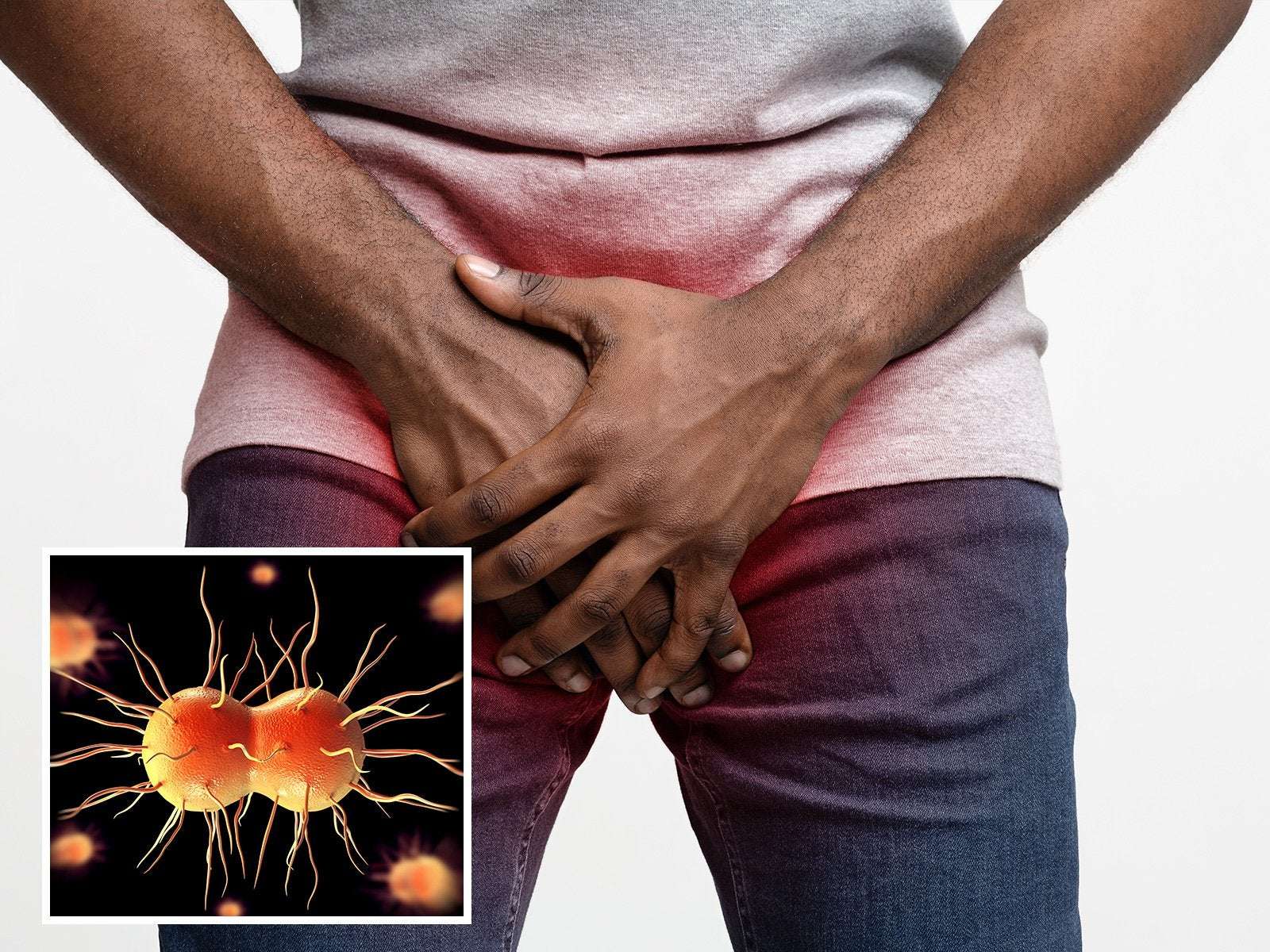An Austrian man in his fifties has contracted a strain of super-gonorrhea, scientists say in a study published in the journal Eurosurveillance.
The man contracted the disease after having sex with a sex worker in Cambodia without wearing a condom. Usually, people who have contracted gonorrhea are treated with antibiotics: ceftriaxone is often used on its own or combined with azithromycin to clear symptoms of the disease.
N. gonorrhoeae has been developing antibiotic resistance since the 1930s, which is a concern as many cases may eventually become untreatable, say the authors. They said it "poses a major global public health threat."
The super-strain found in the Austrian man was resistant to both ceftriaxone and azithromycin, as well as a host of other antibiotics normally used to treat the disease, including cefixime, cefotaxime, ciprofloxacin and tetracycline.
Gonorrhea is caused by bacteria Neisseria gonorrhoeae, and is the second most common sexually transmitted infection, after chlamydia, with 677,769 cases reported to the U.S. Centers for Disease Control and Prevention in 2020.
It mostly affects the urethra, cervix, rectum or throat, and has symptoms including painful urination, pus-like discharge from the tip of the penis, pain or swelling in one testicle, increased vaginal discharge, and vaginal bleeding between periods. If left untreated, gonorrhea can cause further complications including infertility, increased risk of HIV, and can potentially spread to other parts of the body, such as the joints.
The Austrian man went to the urologist five days after he had sex with the Cambodian woman, complaining of painful urination and urethral discharge. He was diagnosed with gonorrhea, and was prescribed the usual treatment antibiotics.
However, two weeks later, despite his symptoms having eased and a swab culture of urethral, rectal and pharyngeal samples coming up negative for the bacteria, a PCR test done on the urethral sample was positive for gonorrhea.
The man's resistant strain of gonorrhea turned out to be closely related to a strain known as "WHO Q", which has previously been associated with three cases of gonorrhea in 2018, all linked to South East Asia.
After doing tests on the man's samples to determine which drugs might work best, he was then prescribed additional treatment with amoxicillin-clavulanic acid for seven more days. After this treatment, the man was finally gonorrhea-free: his urethral sample was N. gonorrhoeae culture-negative, however, they did not perform a PCR test this time.
While cases of drug-resistant super-gonorrhea are still relatively rare, numbers are rising. Three cases were reported in the U.K. in February.
Discussing gonorrhea's resistance to antibiotics, the authors wrote: "Improved prevention (including condom use), early and accurate diagnosis and effective, affordable and accessible treatment (ideally including test of cure and contact notification and treatment) of gonorrhea are imperative.
"Enhanced antimicrobial resistance surveillance, ideally including test of cure and whole-genome sequencing, nationally and internationally, particularly in Asia where many ceftriaxone-resistant strains appear to have emerged, is of highest importance."
The Cambodian woman who may have given the man the disease has not been traced.
This article has been updated with additional context.

exus on June 22nd, 2022 at 22:31 UTC »
This sounds like some Rick & Morty level shit. Gonorrhea, Rick? No Morty, even worse. EXTREME SUPER Gonorrhea.
bbtri56 on June 22nd, 2022 at 20:50 UTC »
Hope he did it in a car. That way he can get an insurance settlement.
kog on June 22nd, 2022 at 19:31 UTC »
The stock photo though. I wonder what they say to someone posing for a picture like that.